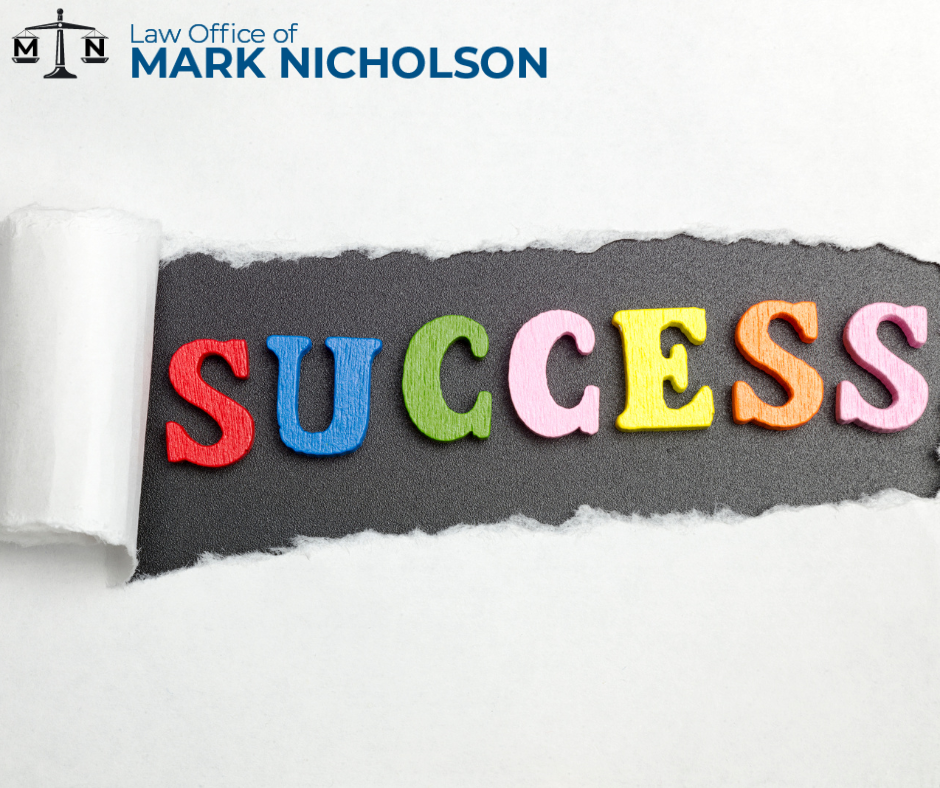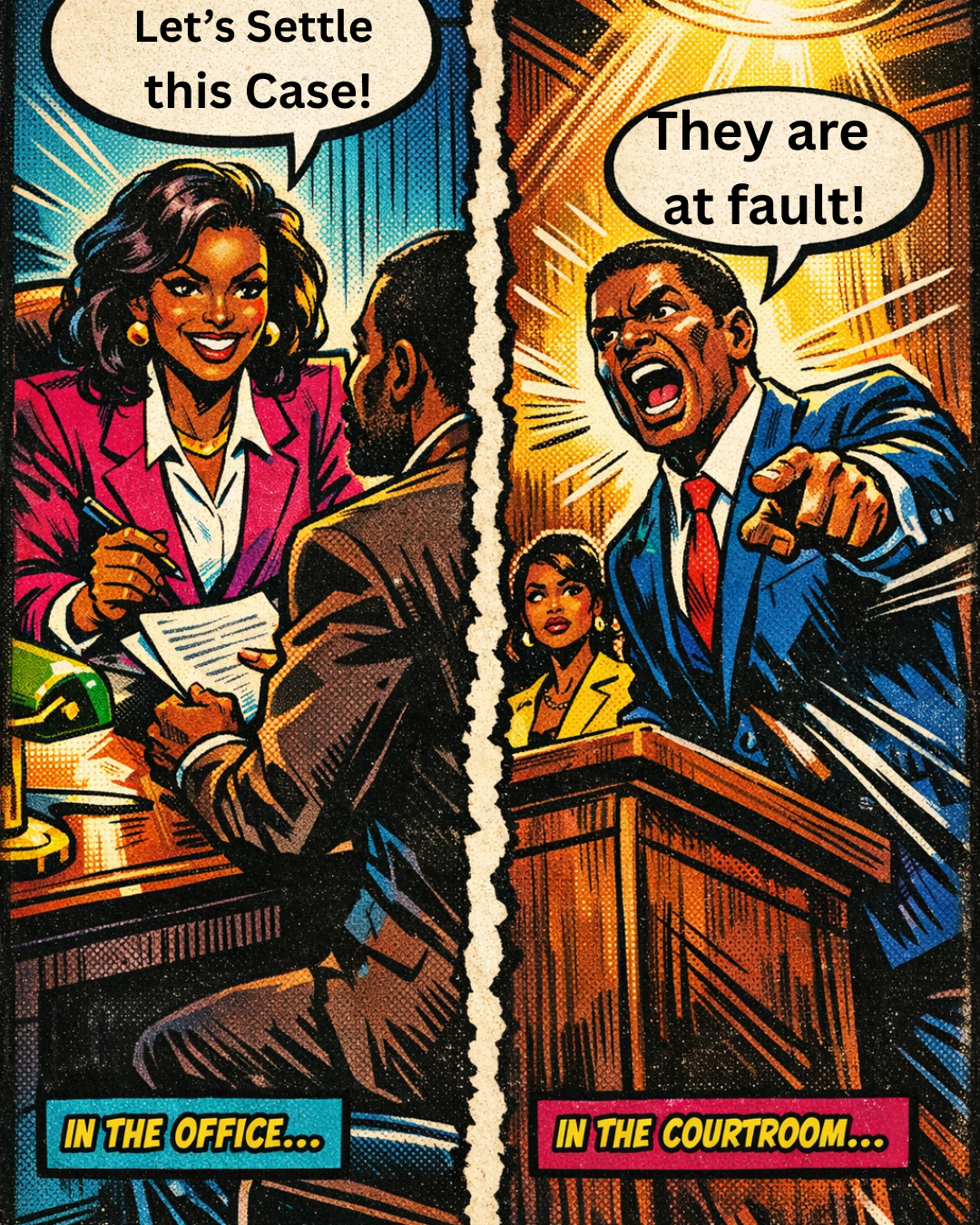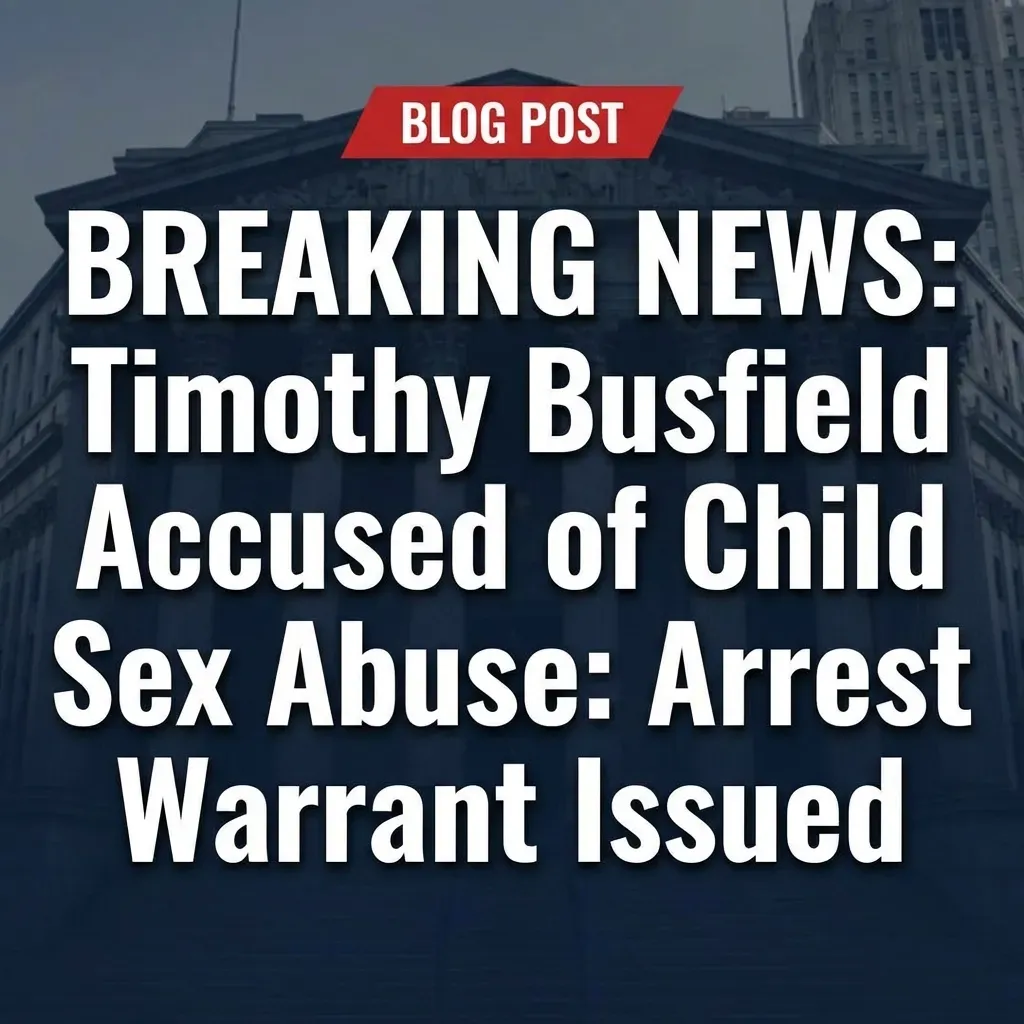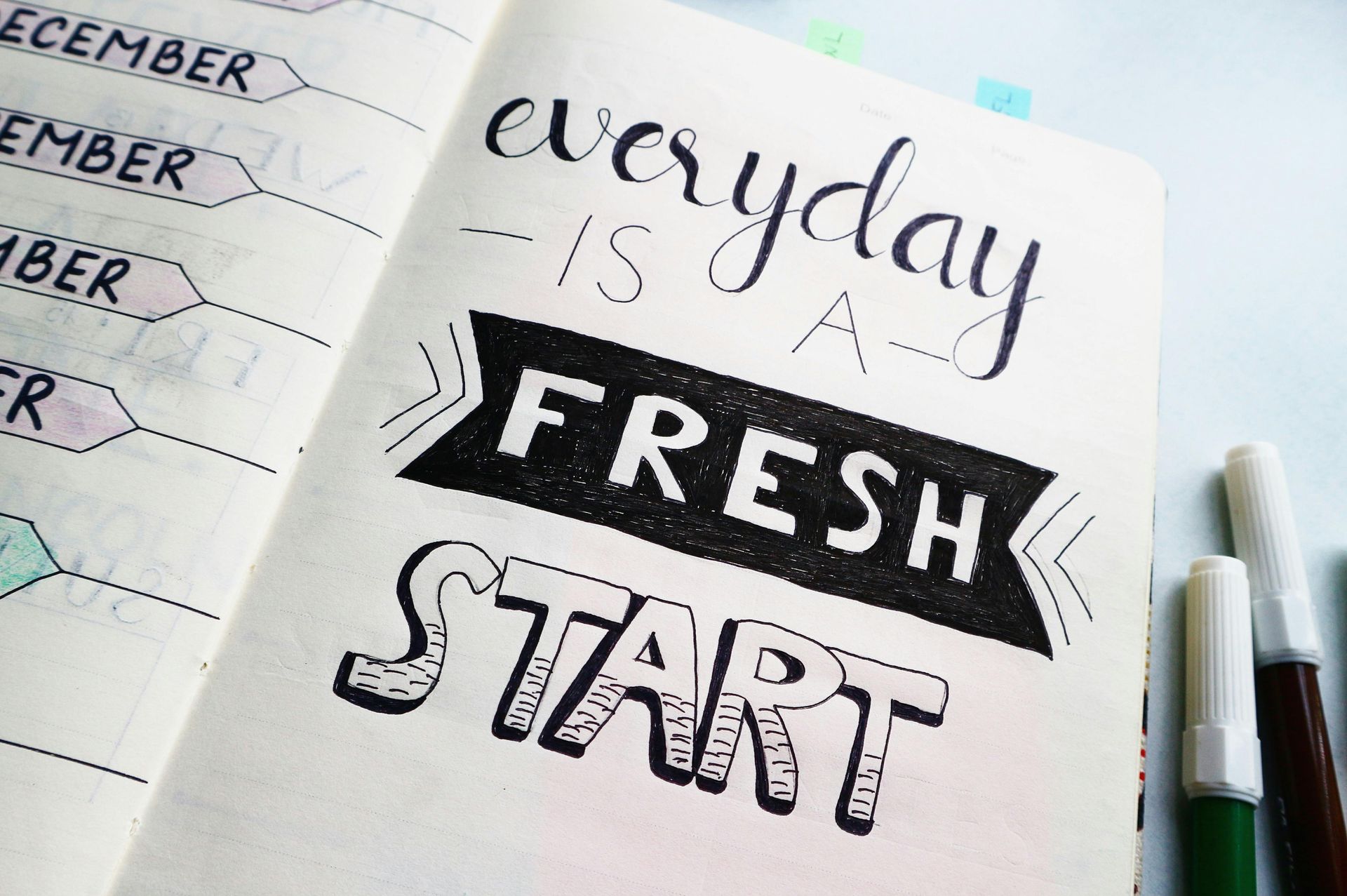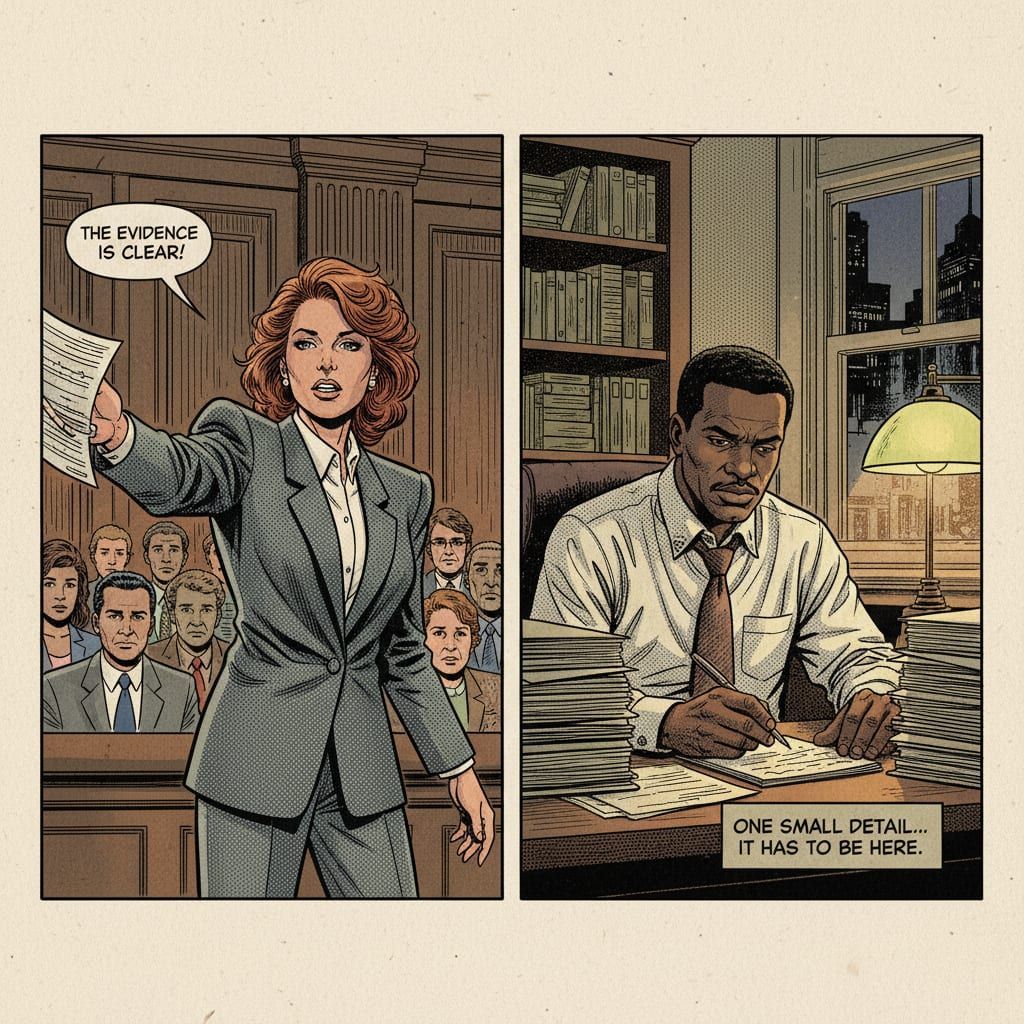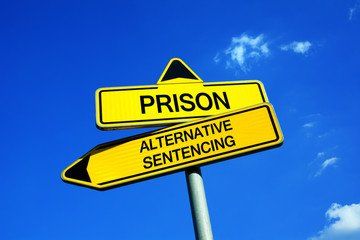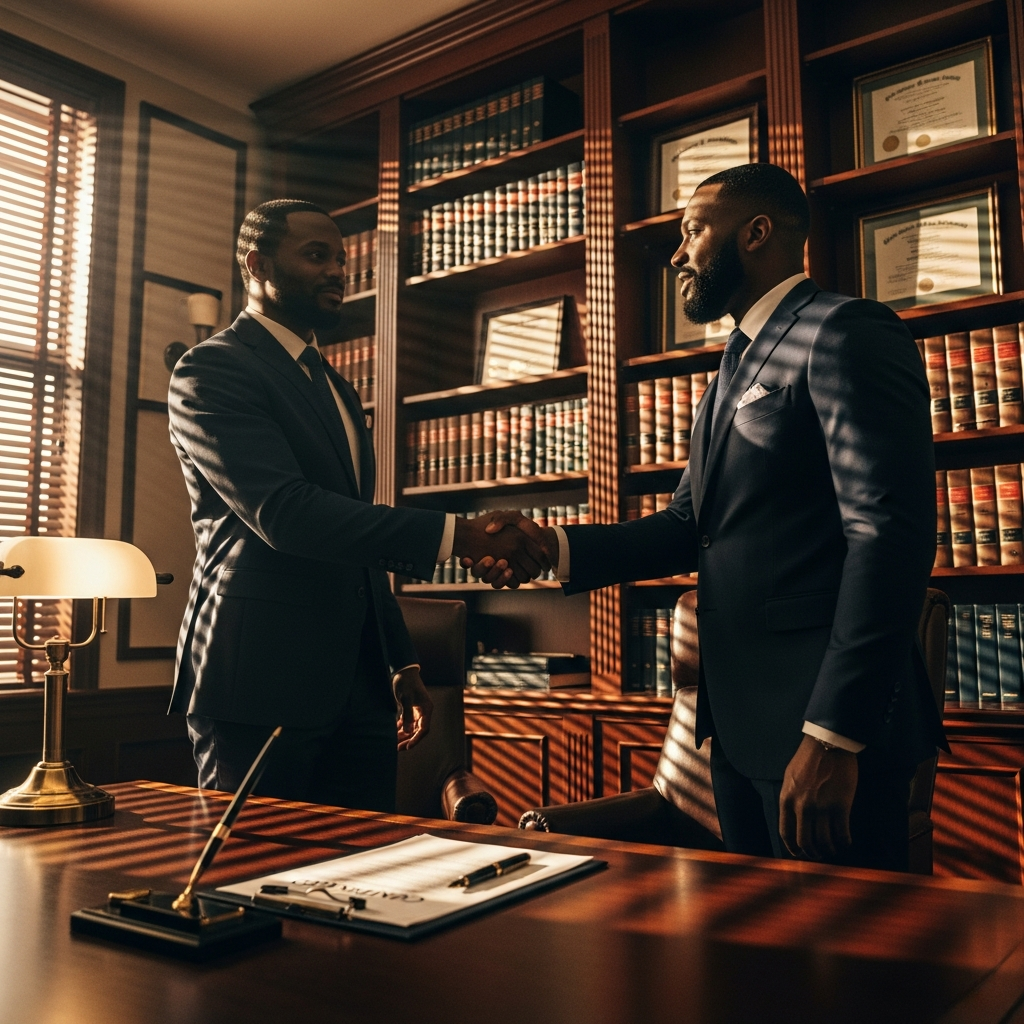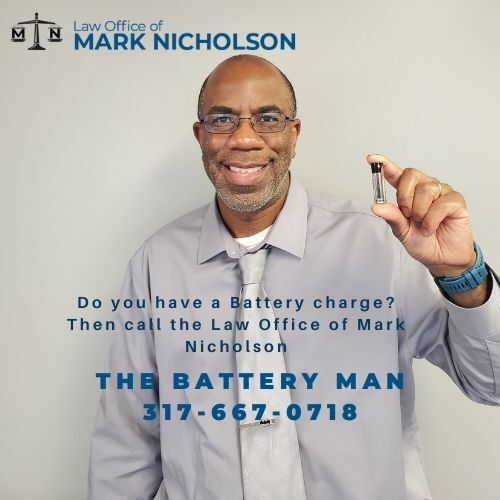Will the Supreme Court Ban TikTok?
The Answer is No
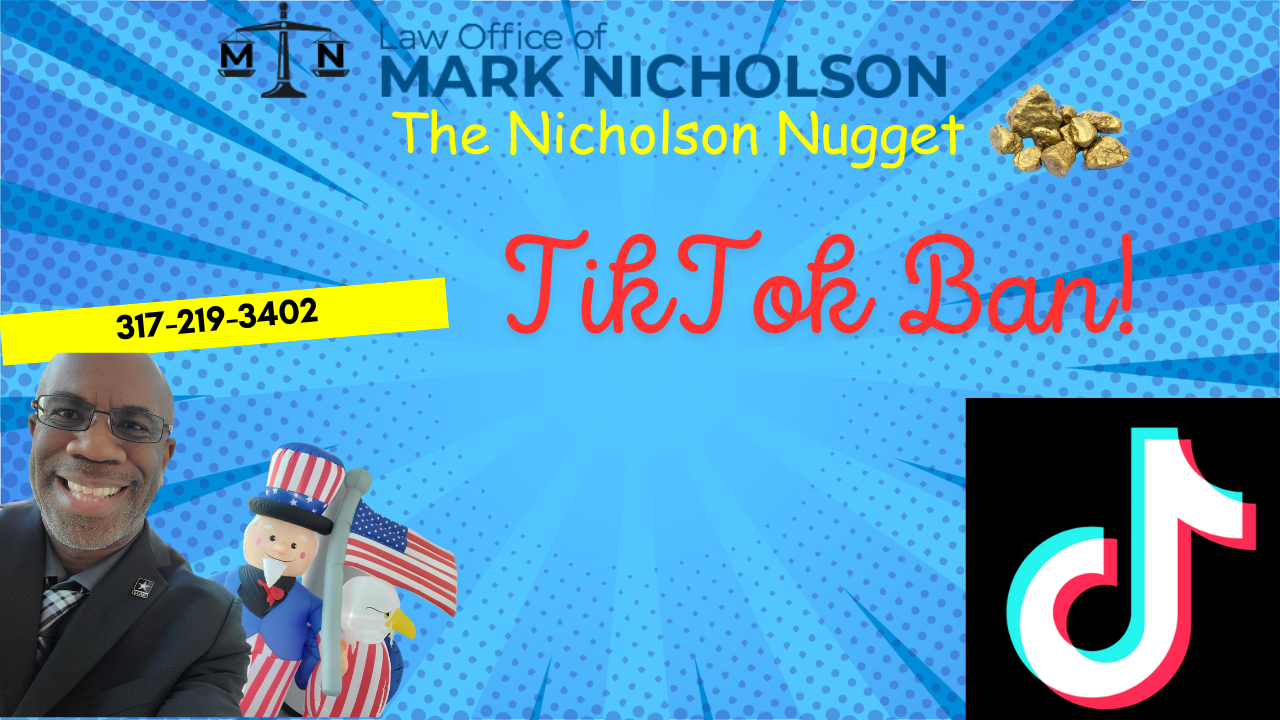
If you’ve been online recently, chances are you’ve scrolled through a feed filled with TikTok debates. From national security concerns to free speech implications, the video app has become the centerpiece of a heated legal and political battle. The situation may feel tense, but here’s my stake in the matter—the Supreme Court will not ban TikTok.
Here’s why.
TikTok’s Influence is Too Big to Ignore
TikTok isn’t just an app; it’s a digital powerhouse that has reshaped online expression for over 100 million monthly users in the United States. From small business owners marketing their products and authors promoting diversity in literature to musicians and activists amplifying their message, TikTok has provided a megaphone for voices that might otherwise go unheard.
Consider creators like Sheyna Gee, a Nashville musician whose career has flourished thanks to her viral music content, or the countless small businesses using TikTok's platform as their primary storefront. Blocking access to this app would restrict a major channel of creativity, communication, and commerce, leaving millions of individuals disconnected from their audiences.
This societal impact triggers serious First Amendment questions. TikTok is not merely a “foreign-owned tech company” but a publishing platform for expression and creativity. Its ban would set a dangerous precedent, chilling the freedom of speech that has been integral to American society.
The First Amendment Roadblock
The Supreme Court has a long-standing record of defending free speech—and that’s one of the main reasons TikTok will likely survive this challenge.
The Justice Department argues that the proposed ban doesn’t infringe on the First Amendment because the target isn’t the speech but TikTok’s ties to ByteDance, its parent company in China.
However, lawyers for TikTok’s content providers make a compelling counterargument—they have a right to communicate and share ideas, regardless of TikTok’s ownership structure. For them, using TikTok is no different from an actor working with an international director or a company publishing its materials via a foreign-based platform.
The Court is tasked with weighing these arguments, but history suggests a strong inclination to protect free speech. Barring a unanimous and overwhelming consensus on specific national security threats, it’s unlikely they will uphold such a drastic measure.
The National Security Argument is Thin
At the heart of the ban proposal is the accusation that TikTok’s ties to China make it a national security risk. Critics claim the Chinese government could access user data or manipulate content in ways that would shape American public opinion. But here’s where the argument falters—the government has yet to provide concrete evidence of such wrongdoing.
TikTok’s lawyers have even pointed out that there’s no evidence proving the platform has mishandled data or facilitated foreign influence operations. To quote their filing, “This dog has never barked." National security concerns are valid, but they require substantial proof to warrant such a significant step. Without it, banning TikTok feels more like political theater than a rational, evidence-based response to a threat.
Additionally, there are other measures the government could use to manage perceived risks—fines, agreements, and stringent data-handling policies are just a few. A blanket ban is not only excessive—it’s ineffective.
The Trump Factor
One of the most interesting twists in this case is that former President Donald Trump has complicated matters by asking the court for more time to “negotiate a resolution.” This move muddies the waters by injecting political considerations into what is already a contentious legal and constitutional debate. If there’s one thing the Supreme Court dislikes, it’s the perception of partisanship influencing their decision-making process.
This interference could work in TikTok’s favor. The Court would likely prefer to uphold its independence by avoiding any decision that might appear influenced by political agendas, regardless of who they come from.
Learning from History
TikTok isn’t the first tech platform to face intense scrutiny. Facebook, Google, and even Huawei have been in the crosshairs of regulators due to issues ranging from data privacy to national security. However, in most cases, courts and policymakers opted for regulatory approaches that sought to preserve functionality rather than outright bans.
Why? Because the potential fallout of overly broad actions often outweighs the risks. Platforms like TikTok have become integral parts of global communication. Removing them disrupts not only the users but also the broader cultural, social, and economic ecosystems they foster.
What’s Next?
Even as I strongly believe that TikTok will avoid a ban, this debate raises broader questions for society and lawmakers. How should governments address genuine national security concerns without overstepping constitutional limits? How do we regulate tech giants to ensure safety, privacy, and accountability without compromising innovation and expression?
These are the real discussions we need to be having. The Supreme Court’s decision might bring further clarity, but the regulatory landscape around technology and freedom of expression will continue to evolve.
The Bigger Picture
Banning TikTok would be a step backward—both strategically and constitutionally. It would silence millions of voices and weaken the democratic values that protect free speech, while failing to genuinely address the national security concerns driving the proposal in the first place.
Instead, lawmakers must focus on actionable solutions that balance safety, privacy, and constitutional rights. Whether that means new data protection policies, stricter disclosure requirements, or innovative solutions that haven’t been considered yet, there are alternatives far better than a ban.
For now, content creators, small business owners, and everyday users of TikTok can take a deep breath. The odds are in their favor. But this debate serves as a reminder of the importance of staying vigilant to preserve both innovation and individual freedoms.
What do you think? Should TikTok remain accessible to millions in the United States, or does the platform pose too great a risk? Share your thoughts—I’d love to hear your perspective.


